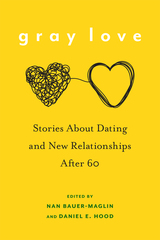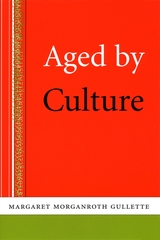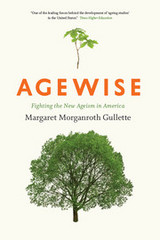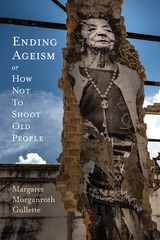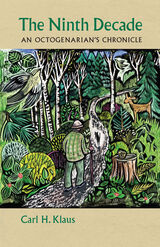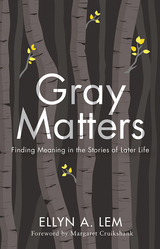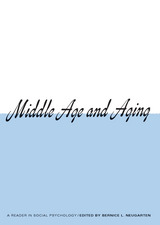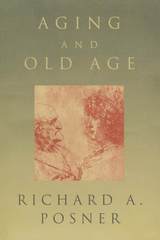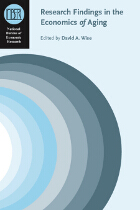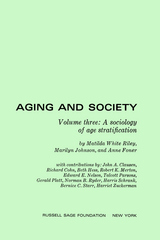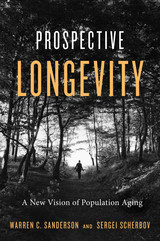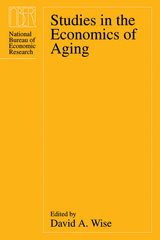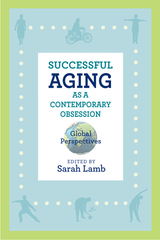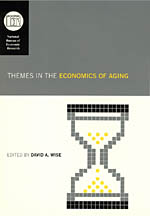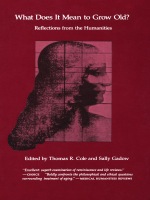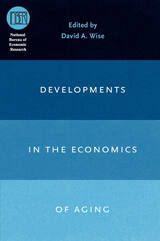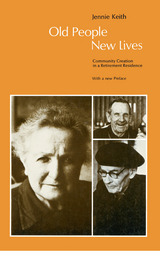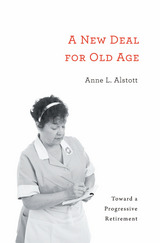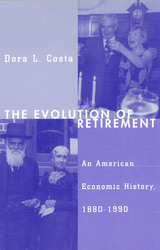A World Growing Old
Pluto Press, 2004
Paper: 978-0-7453-1839-4 | Cloth: 978-0-7453-1840-0
Library of Congress Classification HQ1061.S413 2003
Dewey Decimal Classification 305.26
Paper: 978-0-7453-1839-4 | Cloth: 978-0-7453-1840-0
Library of Congress Classification HQ1061.S413 2003
Dewey Decimal Classification 305.26
ABOUT THIS BOOK | AUTHOR BIOGRAPHY
ABOUT THIS BOOK
For the first time in history, the world's population is ageing. For rich countries in the west, economies rely on youthful populations to provide for those who have retired. We face a profound economic and social crisis - how do we care for the elderly when pensions and social security systems are under threat, housing is short and fewer young people are entering the workplace?
Yet this is only half the story. Populations in the poorer countries of the South are also ageing. Life-expectancy has increased due the availability of lifesaving medicine. Child mortality has decreased, so people are having smaller families. India will soon have one of the largest populations of over-sixties. The one-child policy in China will similarly lead to a severe imbalance in the age-profile of the people.
In A World Grown Old, Jeremy Seabrook examines the real implications of the ageing phenomenon and challenges our preconceptions about how it should be tackled. Arguing that the accumulated skills of the elderly should be employed to enrich society, rather than being perceived as a 'burden', he calls for a radical rethinking of our attitude to population issues, migration, social structures and employment policy.
Yet this is only half the story. Populations in the poorer countries of the South are also ageing. Life-expectancy has increased due the availability of lifesaving medicine. Child mortality has decreased, so people are having smaller families. India will soon have one of the largest populations of over-sixties. The one-child policy in China will similarly lead to a severe imbalance in the age-profile of the people.
In A World Grown Old, Jeremy Seabrook examines the real implications of the ageing phenomenon and challenges our preconceptions about how it should be tackled. Arguing that the accumulated skills of the elderly should be employed to enrich society, rather than being perceived as a 'burden', he calls for a radical rethinking of our attitude to population issues, migration, social structures and employment policy.
See other books on: Ageism | Aging | Older people | Seabrook, Jeremy | World Growing Old
See other titles from Pluto Press

